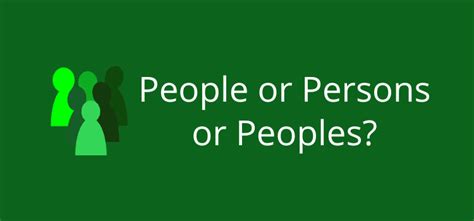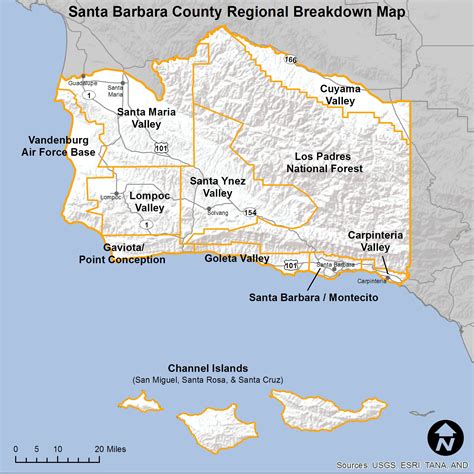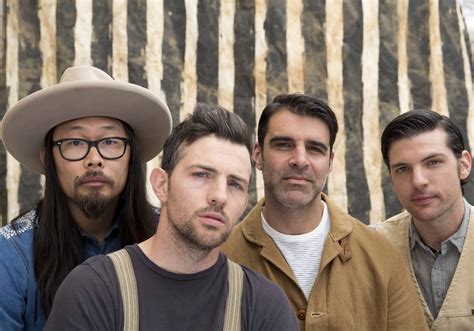The distinction between “peoples” and “people’s” is a nuanced one, often leading to confusion among writers and speakers alike. Understanding the correct usage of these terms is essential for clear and effective communication. At the heart of this distinction lies a simple yet crucial grammatical difference: “peoples” refers to multiple groups of people, often of different ethnic, cultural, or national backgrounds, while “people’s” is a possessive form indicating something belongs to the people.
To delve deeper into the proper usage of these terms, let’s consider their applications in various contexts. The term “peoples” is utilized to denote diverse groups of individuals who share common characteristics, traditions, or geographical locations. For instance, in discussions about international relations or anthropology, one might refer to the “peoples of the world” to encompass the wide array of cultures and societies that exist globally. This plural form is essential in academic and diplomatic discourse, where precision in describing complex social dynamics is paramount.
On the other hand, “people’s” is used to signify possession or relationship to a collective group known as “the people.” This could pertain to anything from political ideologies, such as “people’s democracy,” to institutions or places, like “people’s park” or “people’s choice.” The possessive form indicates that the noun following it is owned by, associated with, or reserved for the common populace, rather than an elite or specific group.
In practical scenarios, the distinction can significantly impact the intended meaning. For example, saying “the museum is people’s favorite spot in the city” indicates that the museum is liked by the general population, whereas saying “the city is home to many different peoples” would suggest that the city is inhabited by various ethnic or cultural groups.
Given the subtle yet significant difference between “peoples” and “people’s,” it’s crucial for communicators to select the appropriate term based on the context and intended meaning. This not only enhances clarity but also contributes to more nuanced and respectful interactions, especially in multicultural and international settings where understanding and correctly referencing diverse groups can foster greater empathy and cooperation.
To further illustrate the application of these terms, let’s consider a historical perspective. Throughout history, the classification and interaction among different peoples have played a pivotal role in shaping societies, cultures, and political landscapes. The recognition of peoples’ rights, including their right to self-determination and cultural preservation, has been a central theme in international law and human rights discourse. Conversely, the concept of “people’s” has been instrumental in the formation of political movements and ideologies that aim to represent the interests and aspirations of the broader population.
In conclusion, the accurate use of “peoples” and “people’s” is not merely a matter of grammatical correctness but also reflects an understanding of the complexities of human societies and cultures. By employing these terms appropriately, we can engage in more thoughtful and precise dialogue, contributing to a richer exchange of ideas and a deeper appreciation for the diversity that characterizes our global community.
FAQ Section
What is the primary difference between “peoples” and “people’s”?
+The primary difference lies in their meanings: “peoples” refers to multiple groups of people, often of different backgrounds, while “people’s” is a possessive form indicating something belongs to the people.
How does the term “peoples” contribute to multicultural understanding?
+By using “peoples,” we acknowledge and respect the diversity among different ethnic, cultural, or national groups, promoting a more nuanced understanding and appreciation of multiculturalism.
What are some contexts where the distinction between “peoples” and “people’s” is particularly important?
+The distinction is crucial in academic, diplomatic, and political contexts, where precision in language can significantly impact the intended meaning and reception of the message.
How does the accurate use of these terms reflect on the communicator?
+Using “peoples” and “people’s” correctly demonstrates not only grammatical knowledge but also an understanding of and sensitivity towards cultural diversity and the nuances of human societies.



